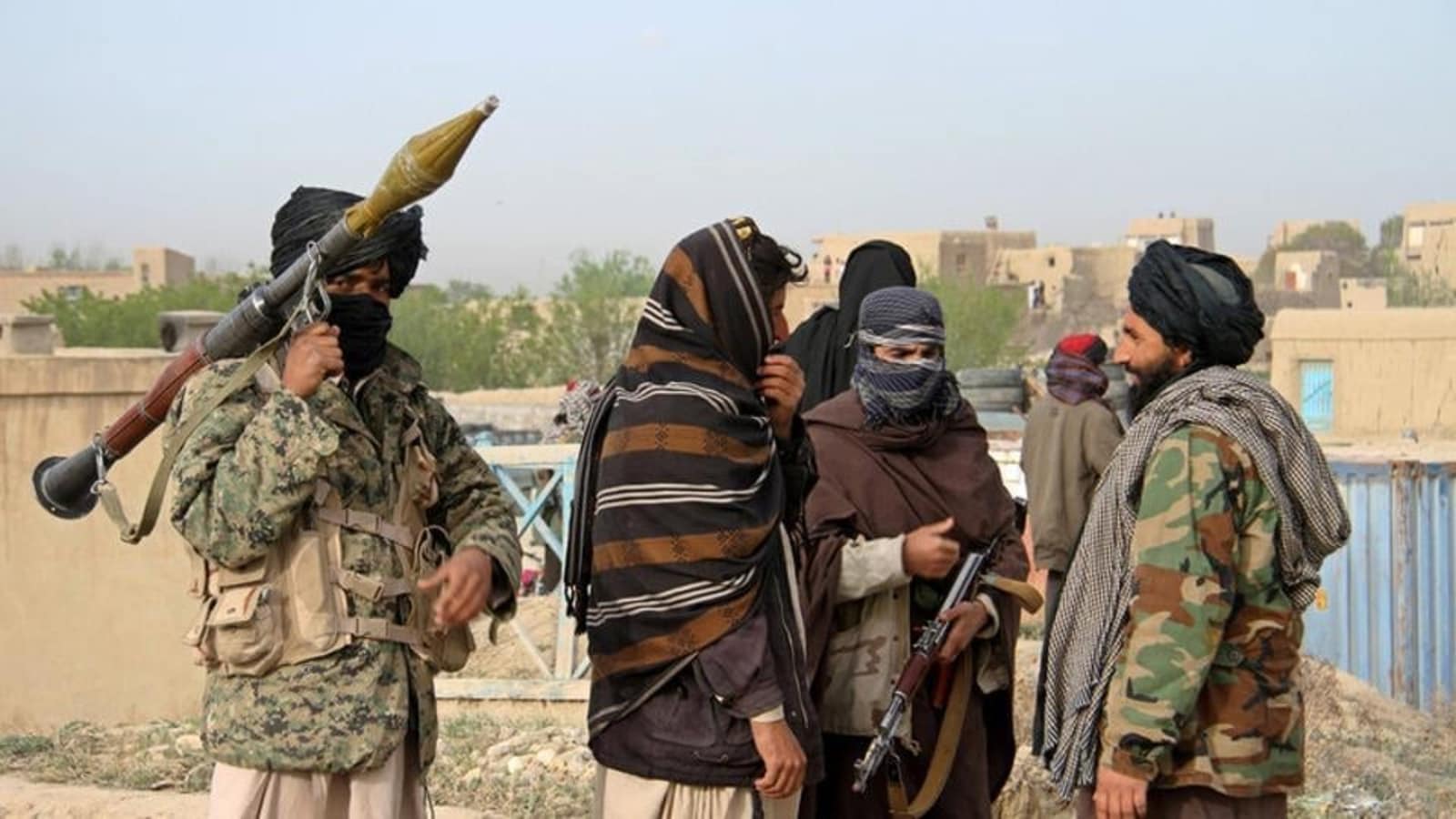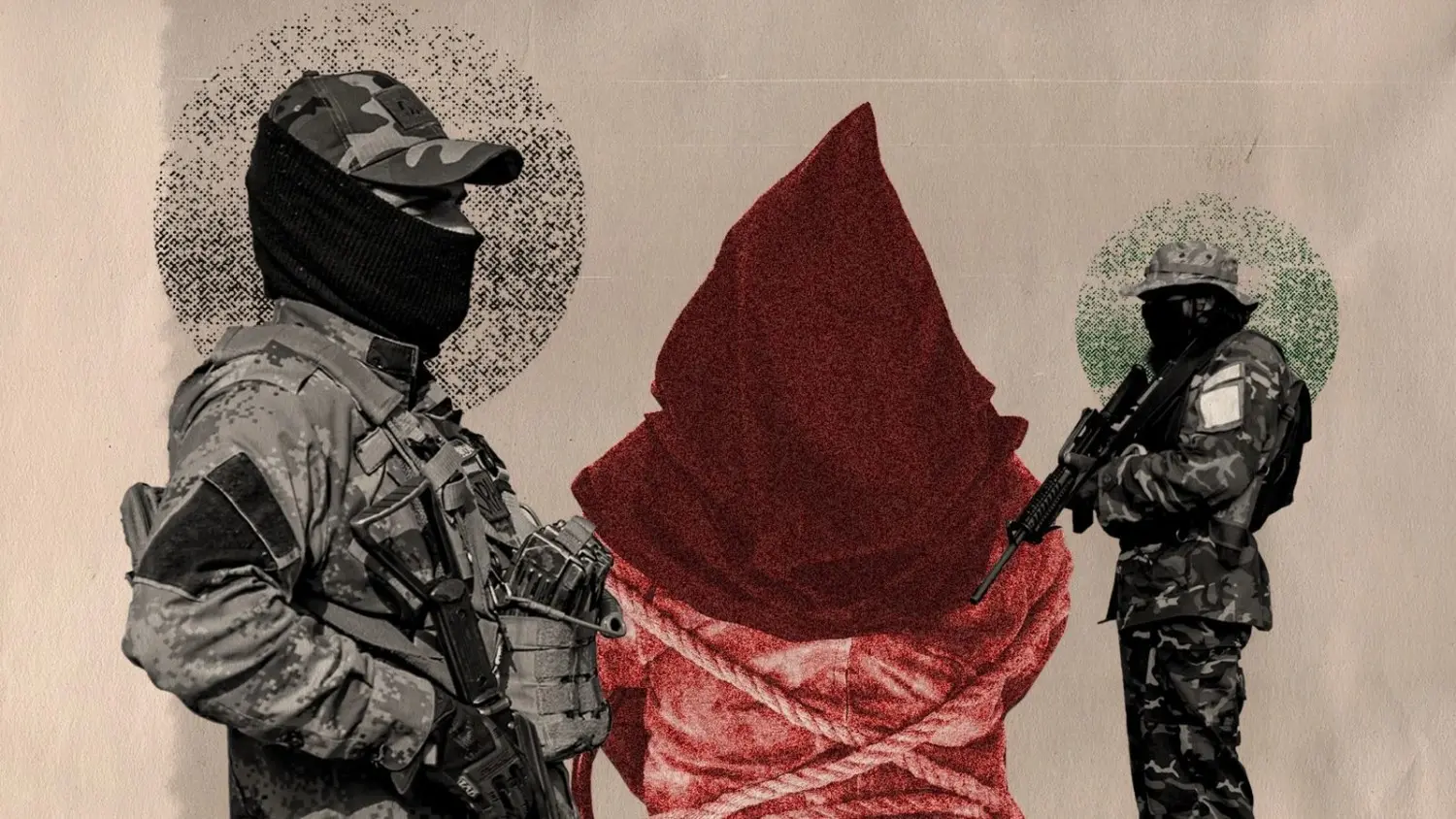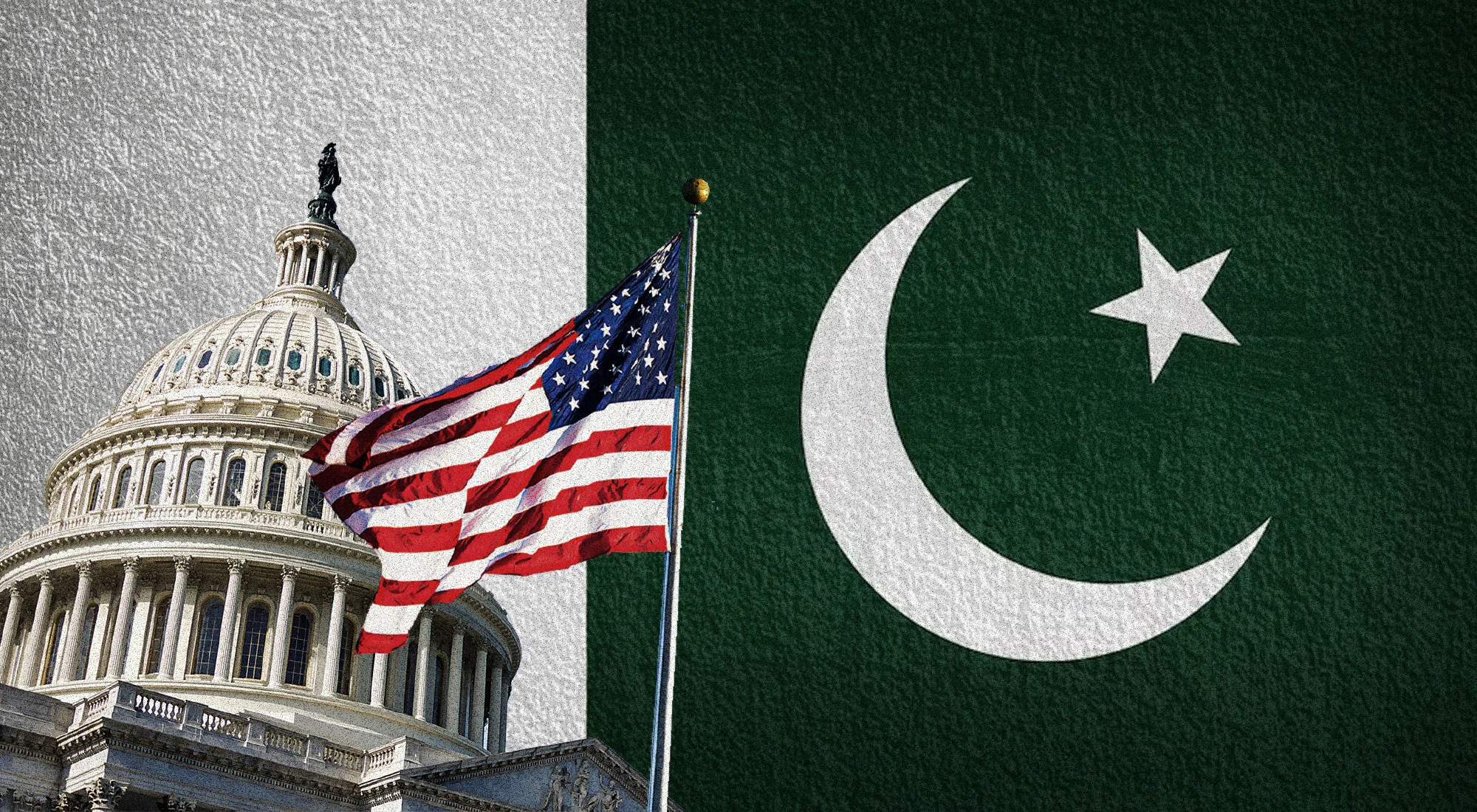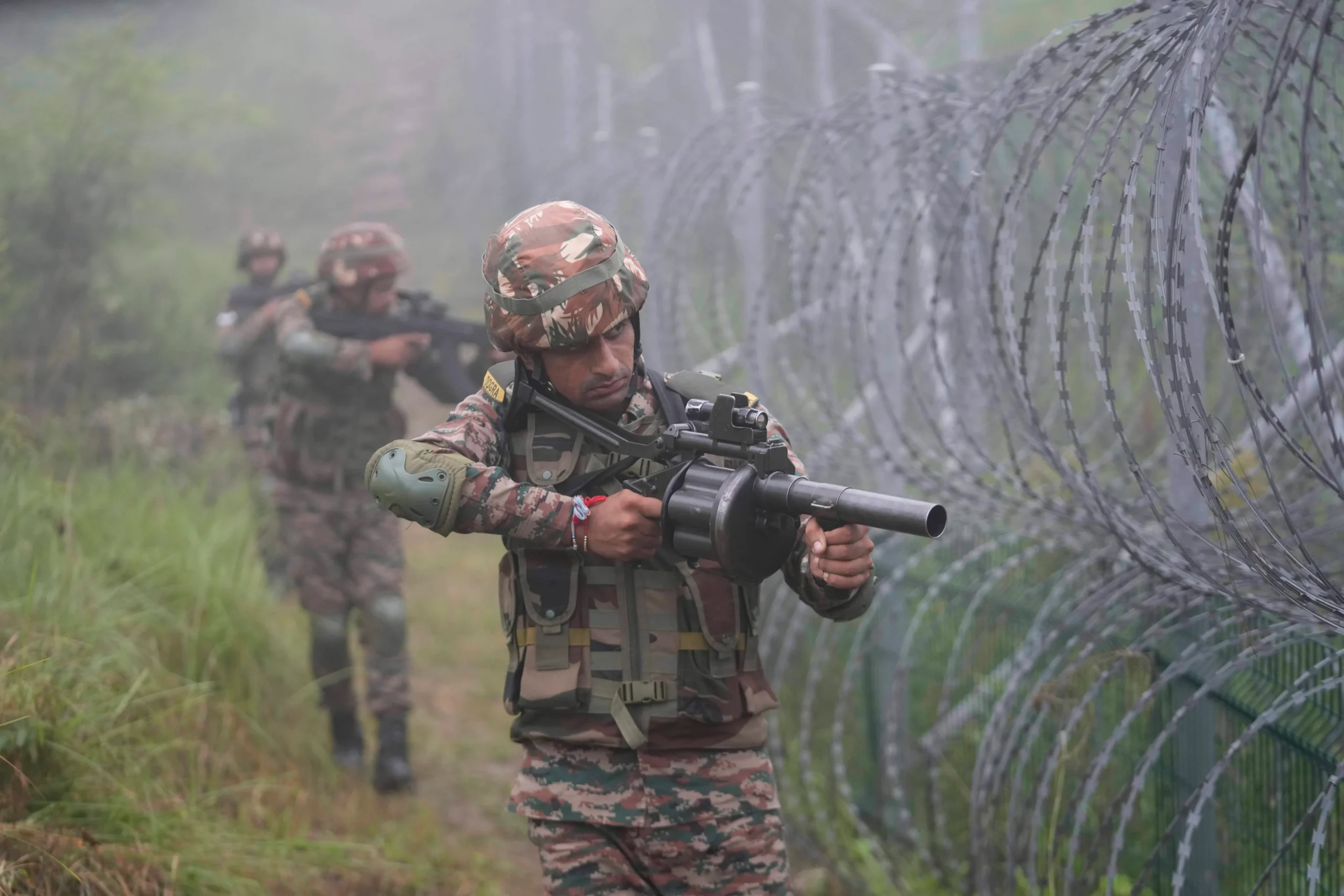United States Vice President JD Vance has arrived in India for a four-day visit as New Delhi looks to avoid US tariffs, negotiate a bilateral trade deal with Washington and strengthen ties with the administration of President Donald Trump.
Vance was meeting with Prime Minister Narendra Modi on Monday, the first day of his largely personal visit. He was greeted with a hug by the Indian leader at his residence in New Delhi, photos released by the Indian government showed.
Over the visit, the two leaders were set to discuss plans for strengthened bilateral ties outlined in February when Modi met Trump at the White House in Washington, DC.
“The visit comes closely on the heels of a positive and successful meeting between President Trump and Prime Minister Modi in Washington earlier this year,” Vance’s office said in a statement.
The US is India’s largest trading partner, and the two countries have been holding negotiations aimed at sealing a new trade agreement this year. The talks had started before Trump early this month announced sweeping tariffs on all trade partners, including 26 percent levies on India.
Trump later paused the country-specific tariffs for 90 days. His administration framed the move as part of a grand negotiating tactic aimed at leveraging better deals with partners like India.
Under the current deal being discussed, India and the US have set the ambitious target of more than doubling their trade to $500bn by 2030, while vowing to integrate supply chains and boost jobs in both countries.

Vance’s first visit to New Delhi since becoming vice president in January also coincides with a rapidly intensifying trade war between Washington and Beijing, which is New Delhi’s main rival in the region.
Modi and Vance are expected to “review the progress in bilateral relations” and “exchange views on regional and global developments of mutual interest”, India’s Ministry of External Affairs said.
On Monday, ministry spokesperson Randhir Jaiswal said Vance’s visit will “further deepen the India-US comprehensive global strategic partnership”.
Also See: Thousands of Muslim Donated Properties Impacted by India’s New Waqf Amendment Act 2025
Countering China
Washington has long viewed India as an important strategic ally in combating the rising influence of China in the Asia Pacific region and has sought to strengthen ties in recent years.
India is part of the Quadrilateral Security Dialogue with the US, Japan and Australia and is seen as a counterbalance to China’s expansion. Trump is expected to attend a summit of Quad leaders in India later this year.
Modi had personally sought to establish a strong working relationship with Trump during the US president’s first term in office from 2017 to 2021.
The Indian leader was then among the first leaders to visit the US and hold talks with Trump after he returned to the White House for a second term on January 20.
During his visit, Modi hailed a “mega partnership” with the US.
The two leaders announced plans to expand their defence partnership with India signalling its willingness to comply with several of the Trump administration’s demands, including purchasing more US oil, energy and defence equipment.
Modi has also cooperated with Trump’s campaign to deport people living in the US without documentation. India has accepted many of its citizens expelled from the US in the past few months with the prime minister’s office batting away criticism of how some deportees have been treated.
Despite the increased coordination, Trump has continued to call India a “tariff abuser” and “tariff king”.
This news is sourced from Al Jazeera and is intended for informational purposes only.

![US Vice President JD Vance visits India to boost trade ties, avoid tariffs, and strengthen the US-India strategic partnership. [Image via Reuters]](https://southasiatimes.org/wp-content/uploads/2025/04/2025-04-21T111234Z_84455912_RC242EAQNV5R_RTRMADP_3_USA-VANCE-INDIA-1745243159.webp)




